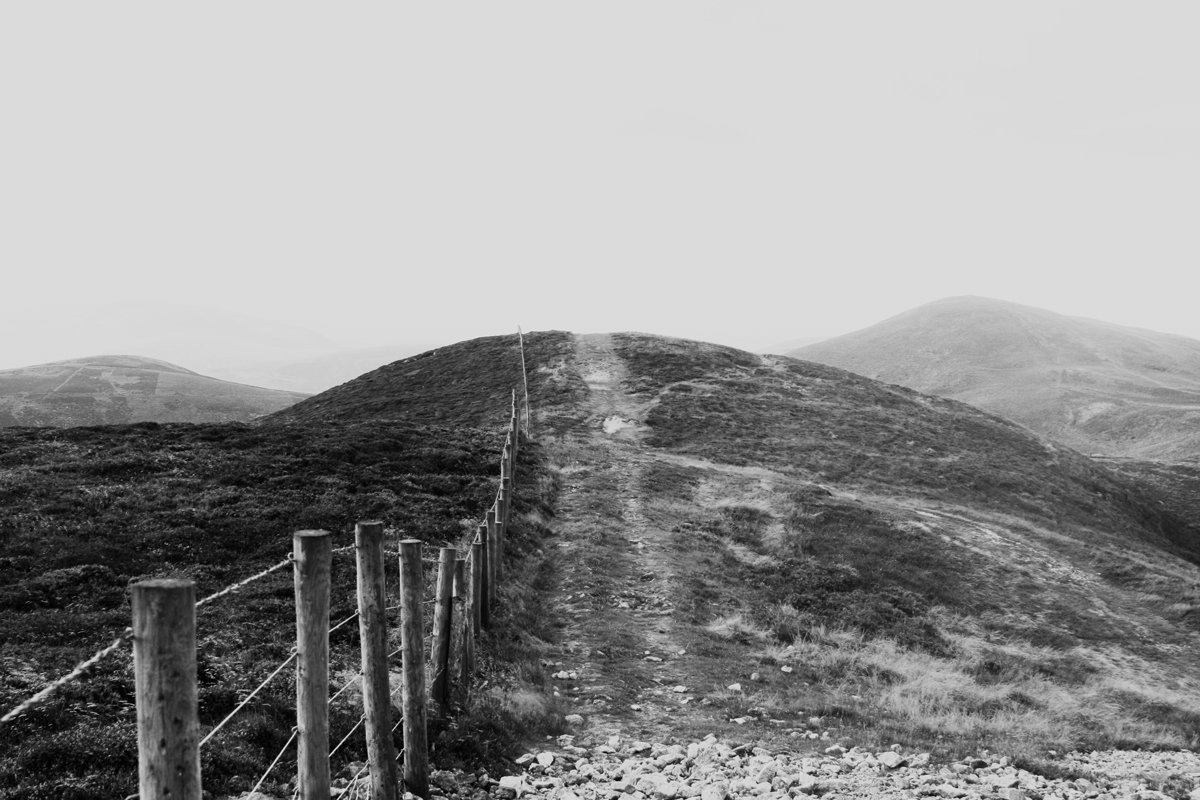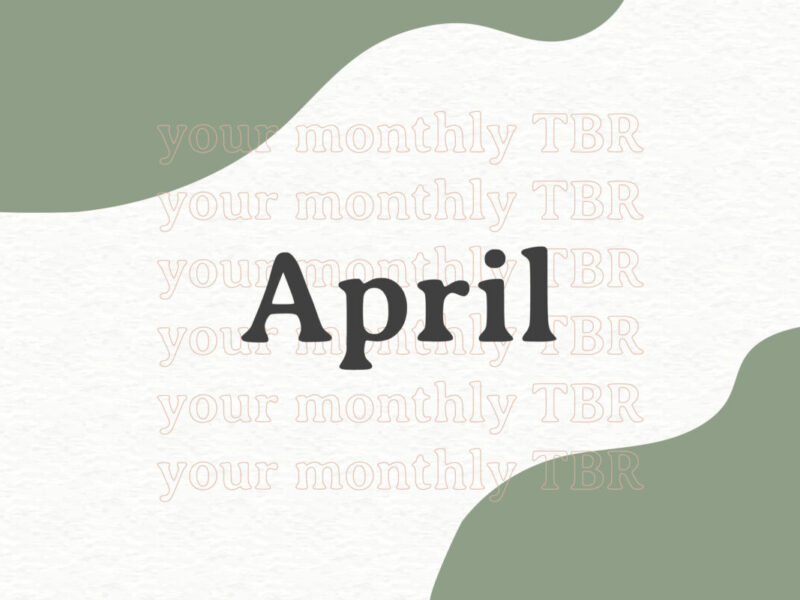5 Ways Poetry Can Teach Us How to Set and Stick to Boundaries
Setting boundaries might just be one of the biggest challenges of adulthood. If you’ve taken on too much at work, said yes to a social commitment when you knew you didn’t have the energy, or noticed yourself doing all the emotional labor in a relationship, then you know how hard it can be to align your boundaries with your real-life behavior.
Fortunately, this stands out as yet another scenario where poetry can help us—whether you’ve realized it before or not, the writing life is full of opportunities to practice drawing boundaries and to enrich your life by doing so. Here are some ways to apply boundaries to your poetry process, which can help teach you how to do so in other areas of your life.
Poetry teaches us to set aside time for what matters—and to say no when we need to.
Protecting your writing time is something professional writers often emphasize, and it stands out as one of the best ways to be your own advocate as a poet. Some people might not understand why your work is so important to you or the time it takes to create, so sticking to a schedule or weekly commitment can be essential to carving out time as a poet. Don’t be afraid of taking time alone to create—be proud of your writing practice and stick to your writing routines.
Poetry helps us assert ourselves and recognize the power of our own voices.
Setting effective boundaries relies on your ability to speak up for yourself. Poetry offers the perfect opportunity to develop and harness this crucial skill. Your poetic voice is often your truest voice and an extension of yourself. When you make a point to regularly write poetry, you’re signaling that your words and experiences matter. This assertiveness can serve you in your career, hobbies, and relationships, as well.
Poetry can be a way to explore our own standards and values.
Boundaries often revolve around our most deeply held beliefs. For example, you might set boundaries in dating by reflecting on what qualities matter to you in a partner and what role you want a partner to play in your life. You might set boundaries in a career by examining what respect in the workplace looks like to you and how work-life balance manifests. It can be challenging to get to the heart of such complex scenarios—especially since everyone’s boundaries are different, and what works for someone else might not work for you. A blank page presents a private, nonjudgmental setting for documenting your values and boundaries as they evolve.
Poetry—especially the workshop and revision process—teaches us to give and take in conversations.
If you’ve ever participated in a poetry workshop, you probably noticed it forces you to listen just as much as you speak. The workshop model usually starts with the poet reading their draft aloud or asking someone else to do so, then taking time to listen to detailed feedback—without chiming in or giving clarifying information themselves. Then, after 10 or 15 minutes of discussion, the poet typically has an opportunity to respond to questions or to ask their own, such as if a poem’s title is working well, if the chosen form is effective, or if a key narrative detail is making sense. Though more structured than a typical conversation, this poetic model can teach us to set boundaries in our own dialogue.
Poetry reminds us that we choose what to share and who we share it with.
Have you ever felt pressure to share more information than you were comfortable with? Conversely, have you ever felt silenced? Poetry can help heal both of those violating feelings. When you write a poem, you’re in charge of where it goes. Maybe you want to leave some mystery or intrigue for the reader, or maybe you want to delve into confessional poetry and leave it all on the table—both are valid and can be rewarding. Poetry also helps us practice honoring privacy and letting people in. Do you want to publish your poetry, share it at a poetry slam or open mic, send it to a few trusted friends, or simply keep it to yourself as a private creative outlet? You’re in charge of that decision, too.
Setting boundaries is an exercise in self-love. For more tips on how to approach self-love from a poetic lens, check out our empowering and confidence-boosting poetry prompts.




